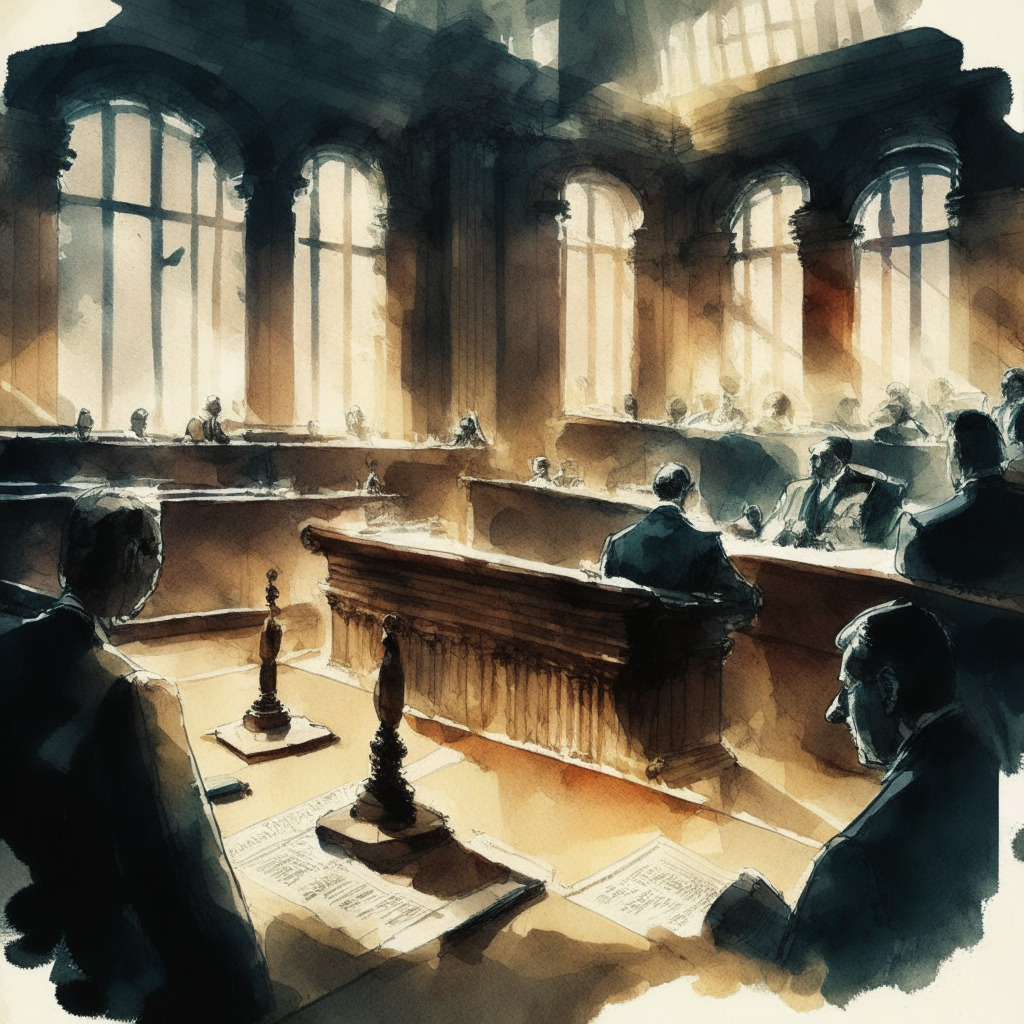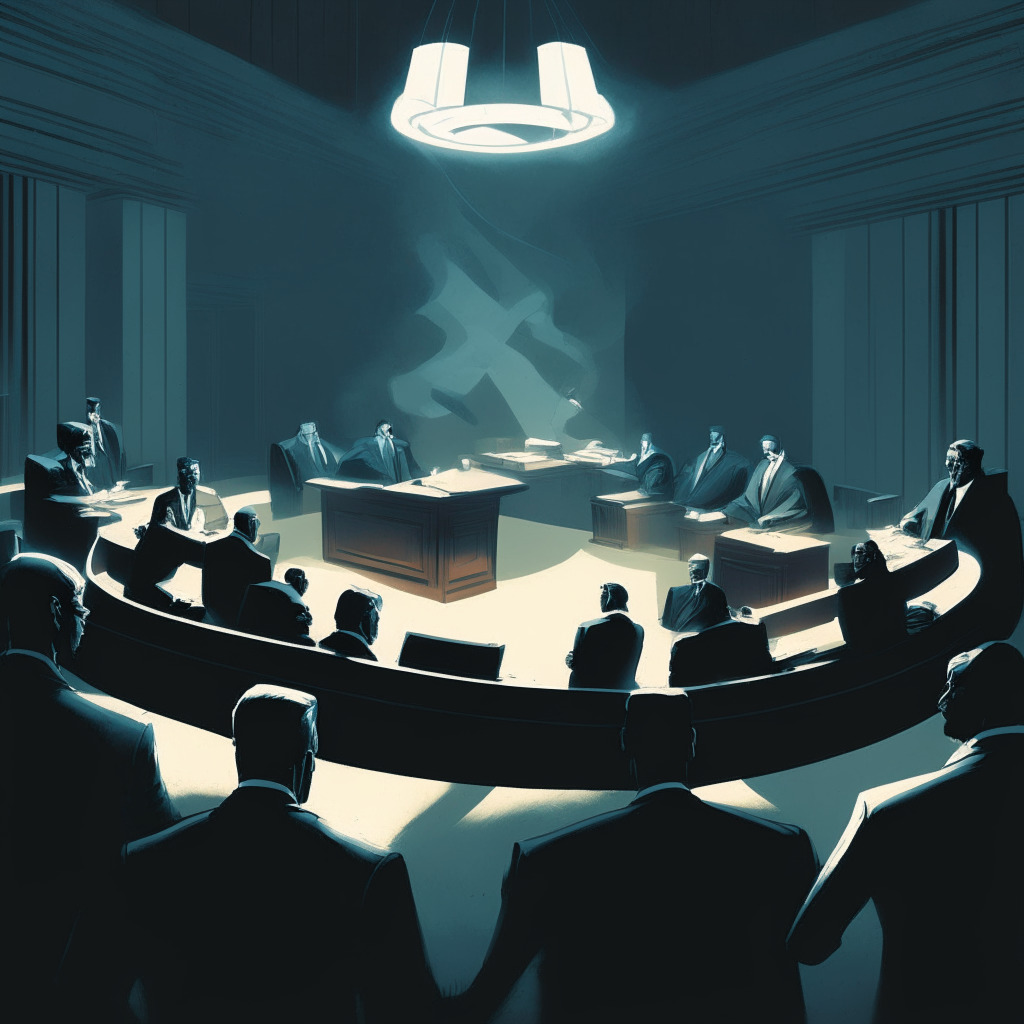As the long-awaited Summary Judgment in the legal battle between the U.S. Securities and Exchange Commission (SEC) and Ripple approaches, many are expecting clarity on the categorization of “Security.” In the midst of this ongoing lawsuit, XRP holders are voicing their concerns about the nature of XRP during various stages of sales. Ripple’s impact on the decisions of XRP investors has come under question, creating a complex situation for the cryptocurrency.
One XRP holder stated that his investment in XRP in 2016 was largely influenced by Ripple’s CTO, David Schwart, and his connection to the NSA. Moreover, a news article hinting at the possibility of banks using XRP further convinced the investor to buy when the price was at $0.10. However, John Deaton, the attorney representing XRP holders, addressed the matter, stating that if Ripple Labs had direct contact with the buyer and sold XRP to them, it could form a valid argument that Ripple’s native crypto satisfies the prongs of the Howey test.
According to this scenario, the buyer paid money to Ripple in exchange for XRP, thereby entering into a common enterprise with the company. This relationship raises the expectation of profit from the investor, based on David Schwart’s talent and expertise. However, if the buyer did not purchase XRP directly from Ripple or have a contract with the blockchain firm in the secondary market, it presents a different situation altogether, casting doubt on its classification as a “Security.”
The ongoing debate on XRP’s nature as a security brings to light the uncertainties surrounding regulatory frameworks for cryptocurrencies. Some argue that the lack of clear definitions and guidelines may hamper the growth and development of the market. Conversely, proponents of strict regulations believe that the current ambiguity could lead to fraudulent activities and manipulation of the market by bad actors.
In conclusion, it is crucial for the industry to strike a balance between fostering innovation and providing a secured environment for cryptocurrency investors. As the XRP lawsuit moves toward its conclusion, it could potentially set a precedent for future cases and clarify legal stances on such matters. Whether XRP will be classified as a “Security” or not remains to be seen, but it is evident that clarity in regulations is vital for the growth and adoption of cryptocurrencies. Ultimately, the outcome of this legal tussle could have significant implications for the broader crypto market and pave the way for future regulatory decisions.
Source: Coingape




